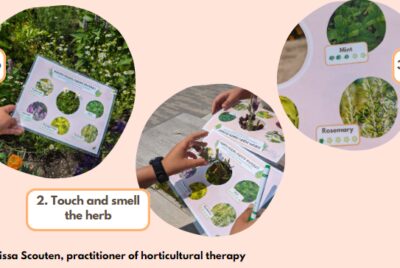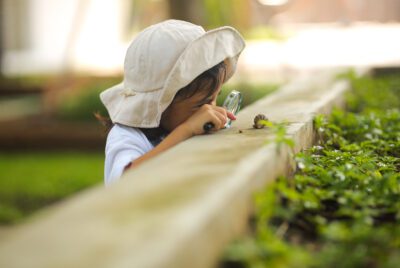RESEARCH
Horticultural Therapy: A Pilot Study on Modulating Cortisol Levels and Indices of Substance Craving, Posttraumatic Stress Disorder, Depression, and Quality of Life in Veterans
Summary
A retrospective study examined self-initiated horticultural therapy (HT) among veterans in a 28-day inpatient Substance Abuse Residential Rehabilitation Treatment Program (SARRTP) at a Veterans Affairs Medical Center. 50% of 56 veterans voluntarily participated in gardening, engaging in passive (relaxing, observing plants) and active (watering, weeding, harvesting) activities. Veterans described the garden as a “safe haven” and reported feeling “calm,” “serene,” and “refreshed” after spending time in the garden.
Despite no formal intervention, veterans sustained the program for two years post-study, demonstrating the therapeutic power of autonomy in recovery. Prior research also linked HT with reduced cortisol levels, improved mood, and lower alcohol cravings, highlighting its potential as an evidence-based complementary therapy for veterans overcoming substance abuse and PTSD







